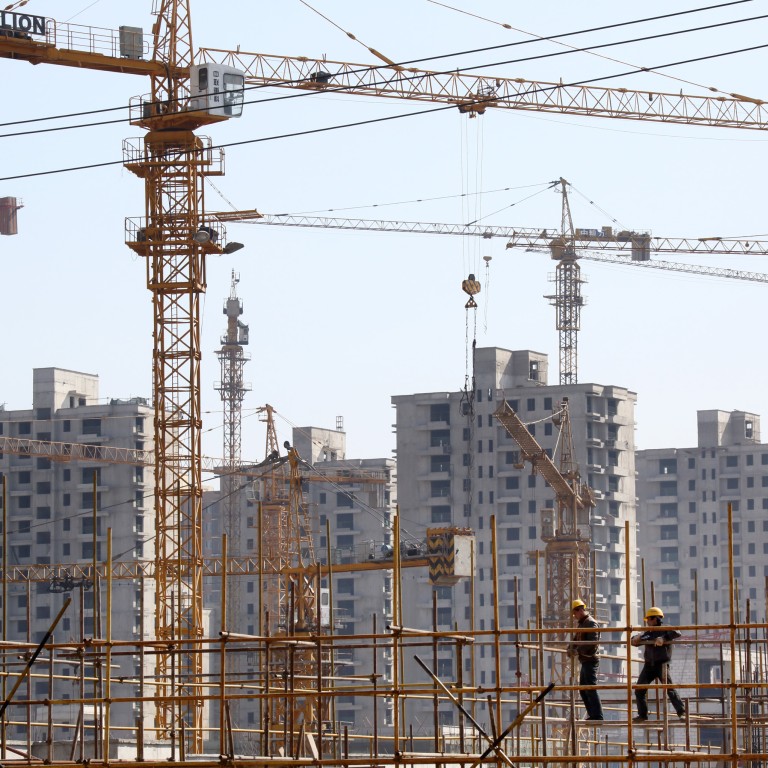
Waiver on property floats yet to come
Beijing is expected to wait until a real estate tax is expanded before allowing developers to raise funds from the domestic stock market
Beijing will wait until a property tax is expanded before allowing developers to raise funds from the stock market, analysts say.
The mainland stock market has virtually been closed to developers since 2010 as part of Beijing's efforts to cool the real estate sector.
The China Securities Regulatory Commission started to accept fund-raising applications from some property firms in July, raising hopes that the country would ease the stock-market restrictions on developers. Similar speculation has pushed up property shares in the past.
But four months on, the regulator shows no signs of reversing its policy even though more than a dozen developers have queued up to raise an estimated total of 50 billion yuan (HK$63.6 billion).
Any approval, even if it arrives, however, will be largely symbolic as the main source of funds for the mainland's property companies is still bank lending.
Bank loans accounted for 28 per cent of funds in the first 10 months. Developers also tapped trust firms, private property funds and overseas capital markets for cash.
But the CSRC's possible waiver is still widely anticipated as it would mark the end of a tough tightening measure for the real estate market. It would also reduce the financing cost for developers as banks tighten lending after an ultra-loose monetary policy in the past years.
"China will probably relax other policies but not this one any time soon," said Chen Dongming, the chief credit officer at China Lianhe Credit Rating in Beijing. "Such a move will send a very strong signal."
Chen said the mainland must first establish a long-term mechanism to contain runaway home prices with devices such as a property tax, which has been run on a trial basis in Shanghai and Chongqing since 2011.
Reports of a possible widening of the trial have been swirling in the mainland media for months, with expectations rising that an announcement could come as early as the end of the Communist Party's third plenary session yesterday.
Before the plenum, the new leadership indicated tilting towards a policy approach to cool the real estate market by increasing home supply as repeated efforts to curb demand have proven to be a failure. That in turn has fuelled expectations that Beijing would soon allow select developers to tap the stock market.
In the beginning, funds raised would have to be used to build small homes and government-subsidised affordable housing or redevelop dilapidated towns, said Ou Ruiming, an analyst with Guosen Securities in Shenzhen.
"China must lift the restrictions. I remain hopeful," Ou said, adding that it would "take a while to give the approvals" as the securities regulator needed to check with the housing and land ministries to make sure the applicants had not hoarded land or property projects to push up prices.
